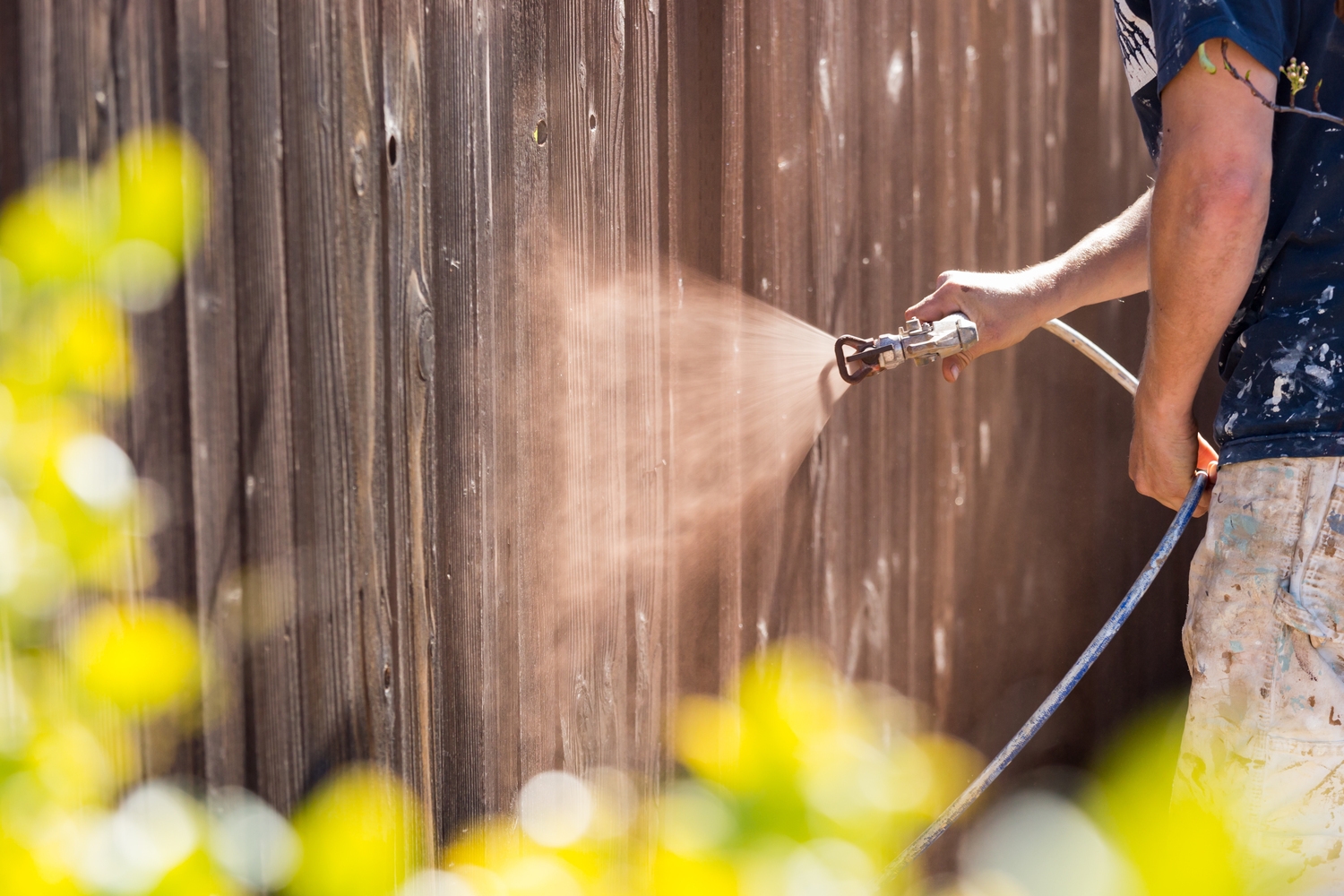Guide to Fencing Solutions and Costs for Seniors
This comprehensive guide helps seniors understand fencing options, costs, and important considerations. It covers popular materials like wood, vinyl, and wrought iron, along with pricing, maintenance tips, and how to select reliable contractors. By exploring discounts and safety features, seniors can find cost-effective, durable fencing solutions tailored to their needs. Proper maintenance and choosing the right service provider ensure long-lasting safety and aesthetic appeal, making home security manageable and affordable for older homeowners.

Guide to Fencing Solutions and Costs for Seniors
Fences play a vital role in enhancing privacy, safety, and curb appeal in residential properties. For seniors, installing or upgrading a fence is crucial for safety, especially if living independently or caring for pets. Navigating fencing options, understanding costs, and finding suitable services can be overwhelming. This article explores different fencing types, cost factors, and senior-friendly features, including discounts and tailored services to ensure affordability and security for older homeowners.
Reasons Seniors Should Opt for Professional Fencing Services
Enhanced Safety: A robust fence helps define boundaries and prevents accidents, beneficial for seniors with mobility challenges.
Extra Security: Security fences act as deterrents against intruders and trespassers.
Protecting Pets and Gardens: Fences keep pets safe and safeguard gardens from wildlife.
Types of Fences Suitable for Seniors
1. Wooden Fences
Popular for their natural appearance and versatility, wood fences come in styles like picket, privacy, and ranch fences. While aesthetically pleasing, they need regular maintenance such as staining to prevent deterioration.
2. Vinyl Fencing
Vinyl fences are durable and require minimal upkeep. Available in many styles and colors, they are weather-resistant and ideal for seniors seeking low-maintenance solutions.
3. Chain-Link Fencing
Cost-effective and easy to install, chain-link fences are practical for larger properties or pet containment, though less decorative.
4. Aluminum Fencing
This lightweight, rust-resistant option combines elegance with durability, making it a popular choice for seniors wanting a stylish, low-maintenance barrier.
5. Wrought Iron Fencing
Offering strength and an attractive look, wrought iron fences last long but are more costly and require periodic rust treatment and maintenance.
Typical Costs for Senior Fencing Installations
The price of fencing depends on material, area size, labor, and location.
Wood: $12–$30 per foot; total for 100 ft: $1,200–$3,000; moderate maintenance, discounts often available.
Vinyl: $15–$40 per foot; total: $1,500–$4,000; low maintenance, inquire about discounts.
Chain-Link: $7–$20 per foot; total: $700–$2,000; minimal upkeep.
Aluminum: $20–$50 per foot; total: $2,000–$5,000; low maintenance, possible discounts.
Wrought Iron: $30–$75 per foot; total: $3,000–$7,500; higher upkeep costs.
Note: Prices vary based on regional factors, property size, and additional options like gates or custom designs.
Factors That Affect Fencing Expenses
Material Choice: Pricier options like vinyl, aluminum, and wrought iron offer longevity and style, while wood and chain-link are more budget-friendly.
Labor Charges: Complexity, location, and contractor expertise influence labor costs. Comparing quotes helps find reliable options.
Property Size: Larger land areas demand more materials and labor, increasing total costs.
Extra Features: Gates, decorative elements, or security enhancements add to expenses.
Permits: Local regulations may require permits, which can increase the overall cost.
Tips for Seniors Selecting a Fencing Service
Seek Senior Discounts: Many companies offer discounts to seniors, veterans, or AARP members—always inquire.
Verify Licensing and Insurance: Ensuring the company is licensed and insured guarantees proper, safe installation.
Check Reputation: Read reviews and seek recommendations to find trustworthy providers.
Ask About Warranties: Extended warranties on materials and labor offer peace of mind for future repairs.
Request Free Estimates: Comparing multiple quotes helps secure the best price and service quality.
Maintaining Fences for Longevity
Wood Fences: Regular staining and inspections prevent rot and damage.
Wrought Iron: Periodic rust treatment and repainting maintain appearance and strength.
Vinyl and Aluminum: Occasional cleaning with soap and water keeps these low-maintenance fences looking their best.
Ensuring proper fence maintenance enhances safety, preserves home value, and extends lifespan. Investing in the right fencing solution provides seniors with peace of mind, security, and aesthetic appeal, all within their budget. Professional service providers help ensure correct installation and ongoing care, making fencing a valuable home improvement for seniors.









